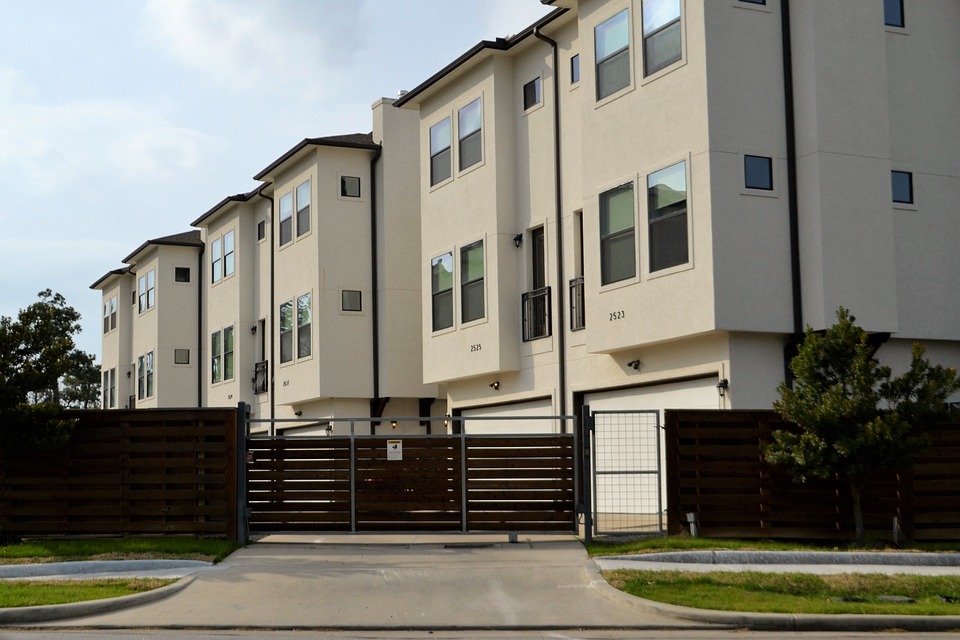
How to select the right Software for Property Management
Posted on 6th Feb 2019
Investing in an apt property management software elevates and rethinks how realtors or landlords manage their swathes of property. Whether small modular condos, high rises or dedicated commercial hubs, property management using software takes it to the next level. The need to switch becomes more prominent as conventional methods have often failed to demonstrate exemplary levels of property management.
Software alters it into a convenient dashboard, where the owner could simply manage, monitor and operate day to day activities linked to a piece of real estate. Ensuring timely rental payment, maintenance and upkeep, searching tenants for occupying could all be effectively carried out using a property management software. The key is to opt for the right one since the wrong choice would end up curtailing existing practices by cutting out efficiency.
Clinging to Conventional Practices Risks Lagging Behind
As it turned out, property management involves a lot of hurdles that leave the owner frustrated and stressful at times. The job profile when it comes to managing multiple portfolios of real estate assets dispersed across varied locations coupled with maintenance requests, tracking lease expires, routine inspections, ensuring regulatory compliance, responding to inquiries concerning vacant properties and lot others would be equally challenging.
Extensive documentation remain a core aspect when it comes to property management. Besides, the above-mentioned aspects when not managed appropriately could add up to the inefficiency of the job, which reflects in the productivity and performance. Property management software is new and adopting it will definitely warrant less clutter involved in the process. Still, adhering to conventional practices like paperwork or documentation proves time consuming and cumbersome.
The right property management software makes life easy for property managers, improving their productivity and contributing to improved customer satisfaction in a big way. In fact, the right software becomes a valuable source of competitive advantage, enabling the firm to gain a one-up on competition through efficiency improvements and by spawning innovative business practices.
However, the trick is to have the right property management software on hand. Here are some ways to identify and deploy such software.
Good Property Management Software Distinguishes with Ease of Use
The whole purpose of deploying software is to ease things. Software with poor UX, and or convoluted processes, which is a pain to operate, defeats the very purpose. The best software has a smooth interface and navigation, and simple, yet powerful dashboards.
Handy property management software automates routine processes related to rental collections, renewals, and other repetitive functions.
It offers basic functionality like search with multiple fields such as tenant name, property id, or any other relevant identifier, to access the required information easily, and throws up what is required in an easy-to-consume way.
The software is now delivered as mobile apps, making it very easy and convenient to get access to the latest and relevant information on the field and capture field-based inspections as well. Responsible design or a mobile-first design approach improves the ease-of-use of such mobility solutions.
Good Property Management Software Feature Robust Technical Stack
Enterprises vary with regards to their technical maturity. Some enterprises may be perfectly at ease experimenting with newer but unproven technology, which may offer huge benefits but also come with the risk of crashes. Other enterprises prefer stability over potential. Either way, the cloud is fast becoming indispensable.
Cloud-based software spares the cost and hassles of installing software or managing the databases on in-house servers. The data resides on the Internet, enabling anywhere, anytime access, from any device. Besides, it spares enterprises from cost-center activities such as taking backups, updating the code at regular intervals, and other administrative hassles.
Property management firms placing their key data such as rental information, financial reports, documents and everything else on the cloud can streamline operations, thus saving time and reducing costs.
Sync with Technical Capabilities Enhance the Dynamism of the Suite
Smart solutions, especially mobile-based solutions leverage the latest that technology has to offer to enhance the capabilities of the property management suite. A case in point is a messaging system to engage with landlords, tenants and service providers on a direct, real-time basis, to close and resolve issues or deals quickly, and with clarity.
Such a system could either be custom developed or more easily achieved by seamless integration with Skype or some other messaging tools. Similarly, many property management suites integrate with QuickBooks for accounting.
Likewise, good property management suite improves internal processes, making the overall business more efficient. The easy tracking capabilities on offer make stakeholders, especially service providers, more accountable. An optimized navigation system renders role-clarity to employees and agents.
